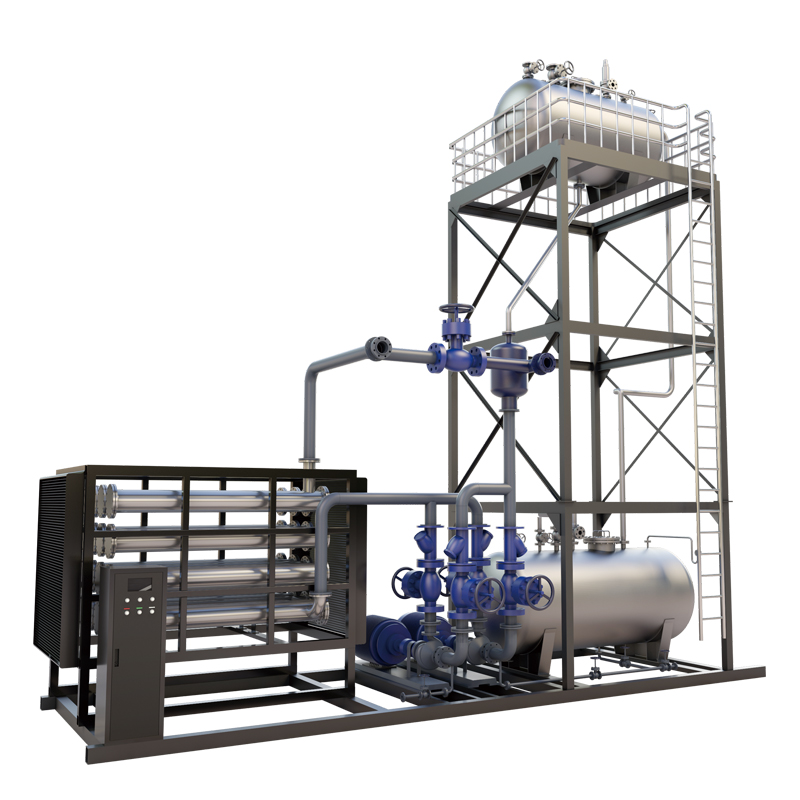Trends and Innovations in the Boiler Manufacturing Sector Today
The Boiler Industry A Critical Component of Modern Infrastructure
The boiler industry plays a pivotal role in various sectors, providing essential services and support for a range of applications including heating, power generation, and industrial processes. Boilers are devices that convert fuel into heat, producing steam or hot water for use in a variety of settings. This article explores the significance of the boiler industry, its evolution, and its future prospects.
Historical Context
The origins of boiler technology can be traced back to the early 18th century, with the development of the steam engine driven by the need for efficient power generation. As industrialization took off, the demand for reliable heating solutions expanded. The boiler industry began to flourish, driven by innovations in metallurgy, design, and engineering. Factories, ships, and power plants relied on boilers for steam generation, which led to significant advancements in efficiency and safety.
Types of Boilers
Today, the boiler industry offers a variety of boilers, each designed for specific applications. The two main types of boilers are fire-tube and water-tube boilers. Fire-tube boilers are characterized by hot gases passing through tubes surrounded by water, making them suitable for low-pressure applications. Conversely, water-tube boilers circulate water within tubes heated by combustion gases, allowing them to handle higher pressures and outputs.
Additionally, boilers can be categorized based on their fuel sources—natural gas, oil, coal, biomass, or electric. Each fuel type comes with its own advantages and challenges. For instance, while natural gas is cleaner and more efficient, coal remains a strong option in areas with abundant reserves, despite its environmental impact.
Industry Importance
The boiler industry is integral to several sectors, including manufacturing, energy, and residential heating. In manufacturing, boilers are essential for processes like sterilization, drying, and chemical production. In power generation, steam turbines driven by boilers account for a significant portion of the world's electricity supply. Residential heating systems rely on boilers to provide comfortable living conditions during colder months.
boiler industry

Moreover, the industry supports job creation and economic development. From manufacturing and installation to maintenance and repair, a skilled workforce is required to ensure the safe and efficient operation of boilers.
Environmental Considerations
As global concerns about climate change intensify, the boiler industry faces pressure to adopt more sustainable practices. Traditional fossil fuel-based boilers contribute to greenhouse gas emissions, prompting a shift toward cleaner technologies. Innovations such as condensing boilers, which recycle exhaust gases and improve efficiency, are gaining traction. Additionally, the development of biomass boilers and electric boilers offers environmentally friendly alternatives.
Regulatory frameworks and incentives for reducing emissions and enhancing energy efficiency are pushing the industry toward greener solutions. Governments worldwide are investing in research and development to promote cleaner technologies, and industry players are adapting to these changing landscapes.
Future Trends
The boiler industry is on the brink of transformation, driven by technological advancements and environmental imperatives. The integration of smart technologies, such as IoT and automation, is improving monitoring and control capabilities, leading to optimized performance and reduced operational costs. Predictive maintenance powered by data analytics can decrease downtime and enhance safety.
Furthermore, the trend towards decarbonization is reshaping the industry's landscape. As renewable energy sources (like solar and wind) become more prevalent, hybrid systems that combine traditional boilers with renewable energy solutions are likely to gain popularity. Such innovations will not only minimize carbon footprints but also enhance system resilience and flexibility.
Conclusion
The boiler industry is a vital component of modern infrastructure, underpinning sectors that drive our economies. As the industry evolves, it must balance the demands of efficiency, safety, and environmental responsibility. The future of the boiler industry hinges on innovation and adaptation, making it an exciting field with vast potential for growth and development. With the right focus on sustainability and technology, the boiler industry can continue to thrive in this ever-changing landscape.
-
Top Electric Steam Boiler Manufacturers - High Efficiency SolutionsNewsJul.30,2025
-
Top Electric Steam Boiler Manufacturers – Efficient Industrial SolutionsNewsJul.29,2025
-
Top Electric Steam Boiler Manufacturers | Reliable Industrial SolutionsNewsJul.29,2025
-
OEM Steam Boiler Solutions for Custom Needs | High Efficiency & VersatilityNewsJul.29,2025
-
High-Efficiency Thermal Oil Boiler for Industrial Heating SolutionsNewsJul.29,2025
-
Top Electric Steam Boiler Manufacturers for Industrial EfficiencyNewsJul.28,2025

